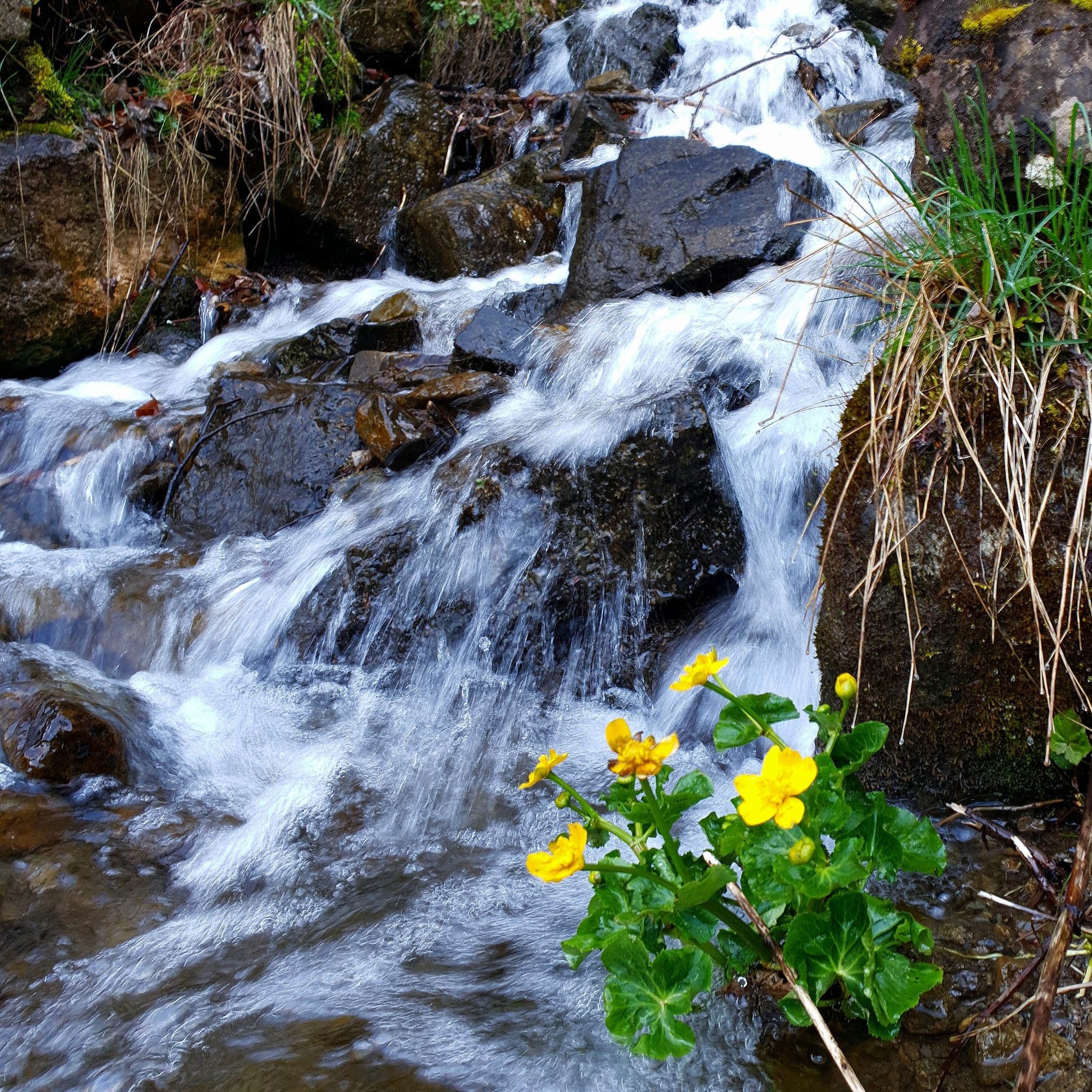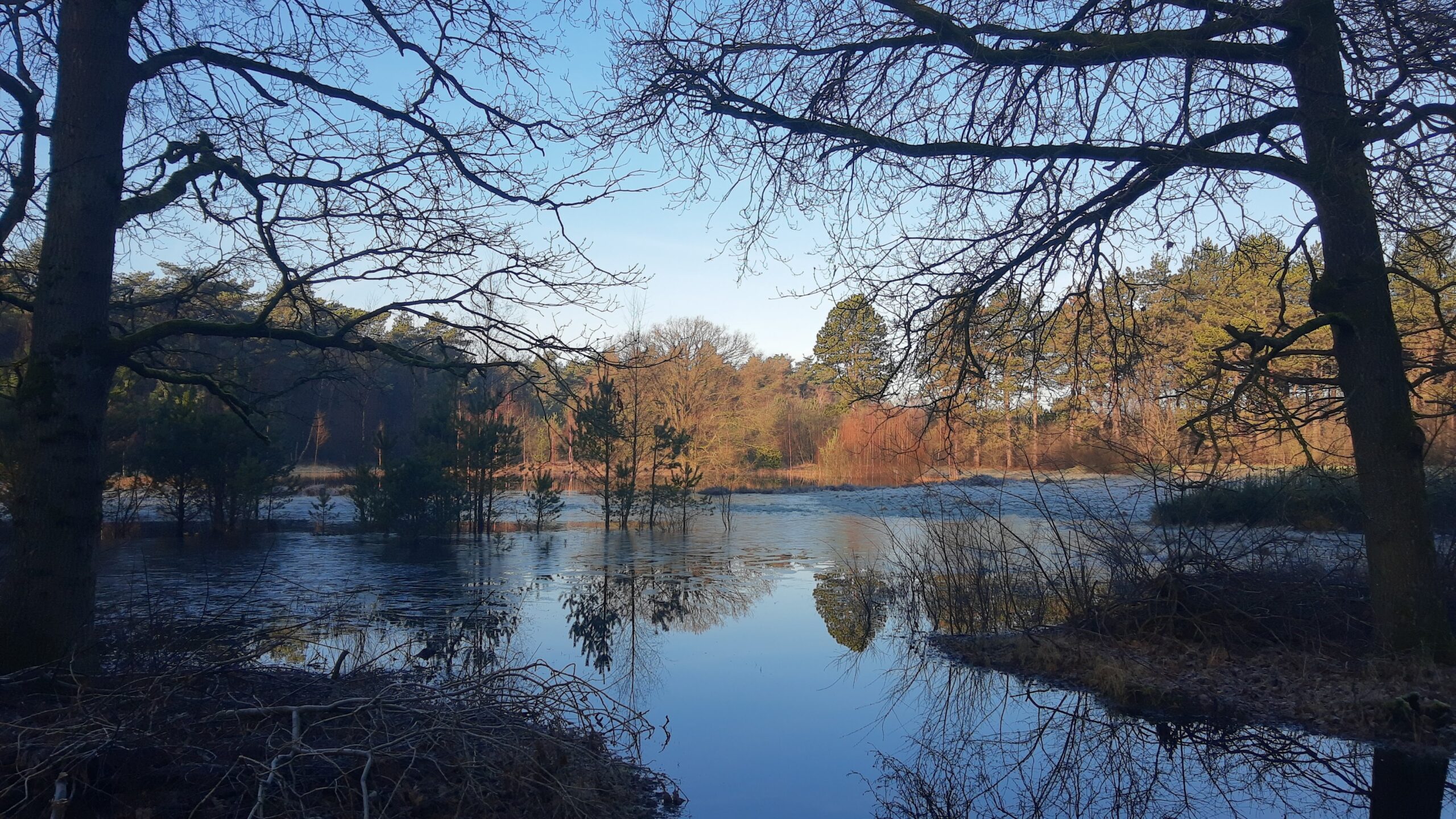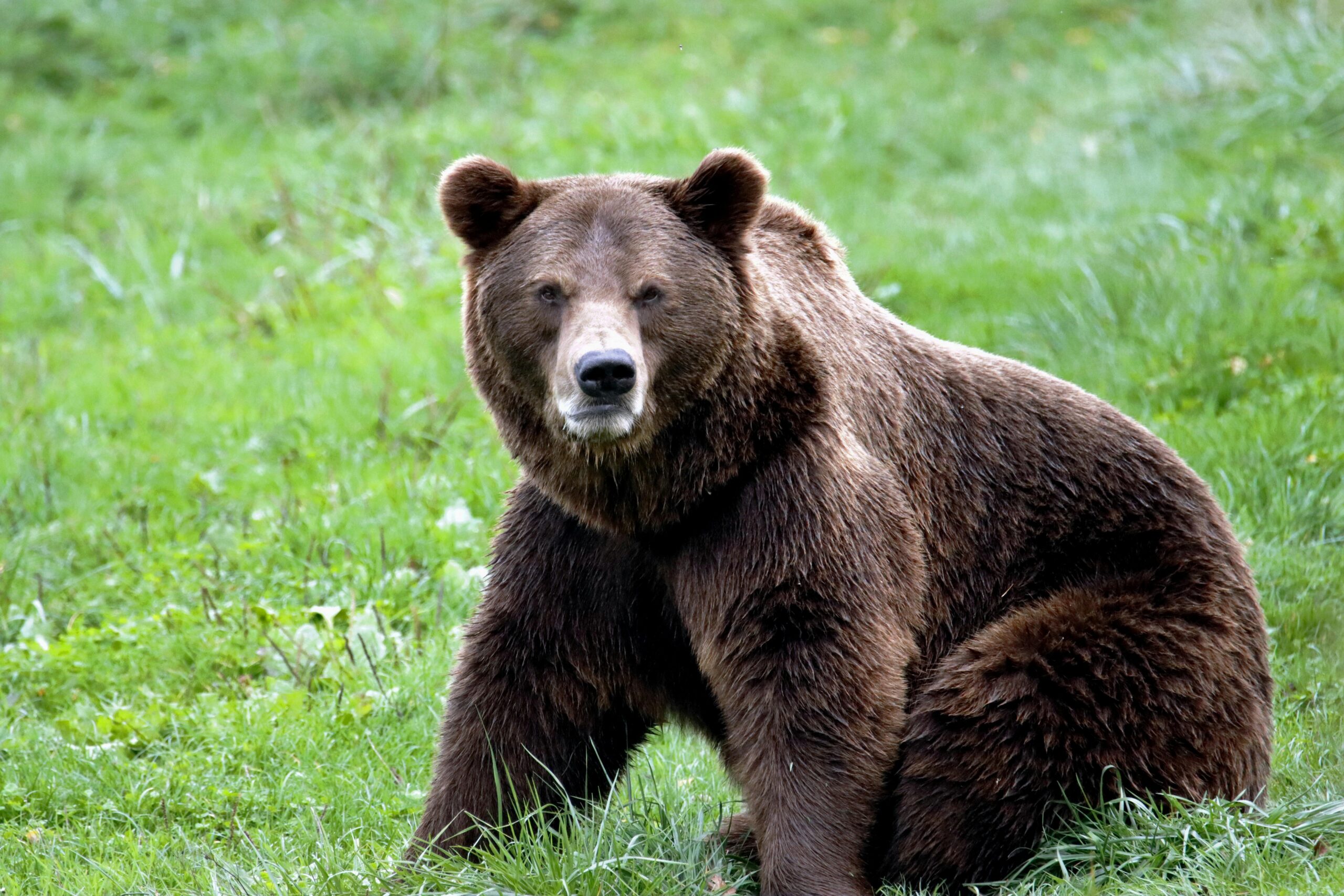I would like to contribute to #EuropeFor Nature by sharing my story as an expert in Finance and Nature.
With just a few days to go before the next European elections, I want to stress the need to educate Europeans: especially future MEPs and all European citizens, whether they vote … or not, for various reasons.
It certainly seems obvious for some of you that Nature is the essence of life and the “free” resources allowing a flourishing European economy. For my part, it was when I immersed myself in calculating the biodiversity impact of an economic activity and the new European regulations that I realised the extent to which, on the one hand, our European way of life is dependent on nature, but also the extent and speed of the damage caused by human activity.
Biodiversity loss can be seen on the scale of a lifetime or just a decade, or even 2 terms of office for Members of the European Parliament (!) . A simple example: few insects surround us and smear the windscreen during (less frequent) car journeys. I’ve also realised the consequences of “false good” ideas, such as the proliferation of beehives, which leads to a reduction in the territory of wild bees, essential ‘free’ pollinators. Hundreds of hectares at the other end of the world (not that far away) have been pollinated by hand for years: is this the progress we’re hoping for?
If the well-known adage of my financial colleagues in risk departments is that quantifying and measuring risk enables it to be better managed, then education about nature will enable it to be better managed with the aim of mitigating the risks incurred, leading in turn, I hope, to the safeguarding of the European environment (and ‘beyond’) and, by translation, to the mitigation of climate change and its consequences.
I encourage the Scientists for Europe For Nature initiative: firstly, more training for MEPs, then more resources for researchers and their students of all ages.


